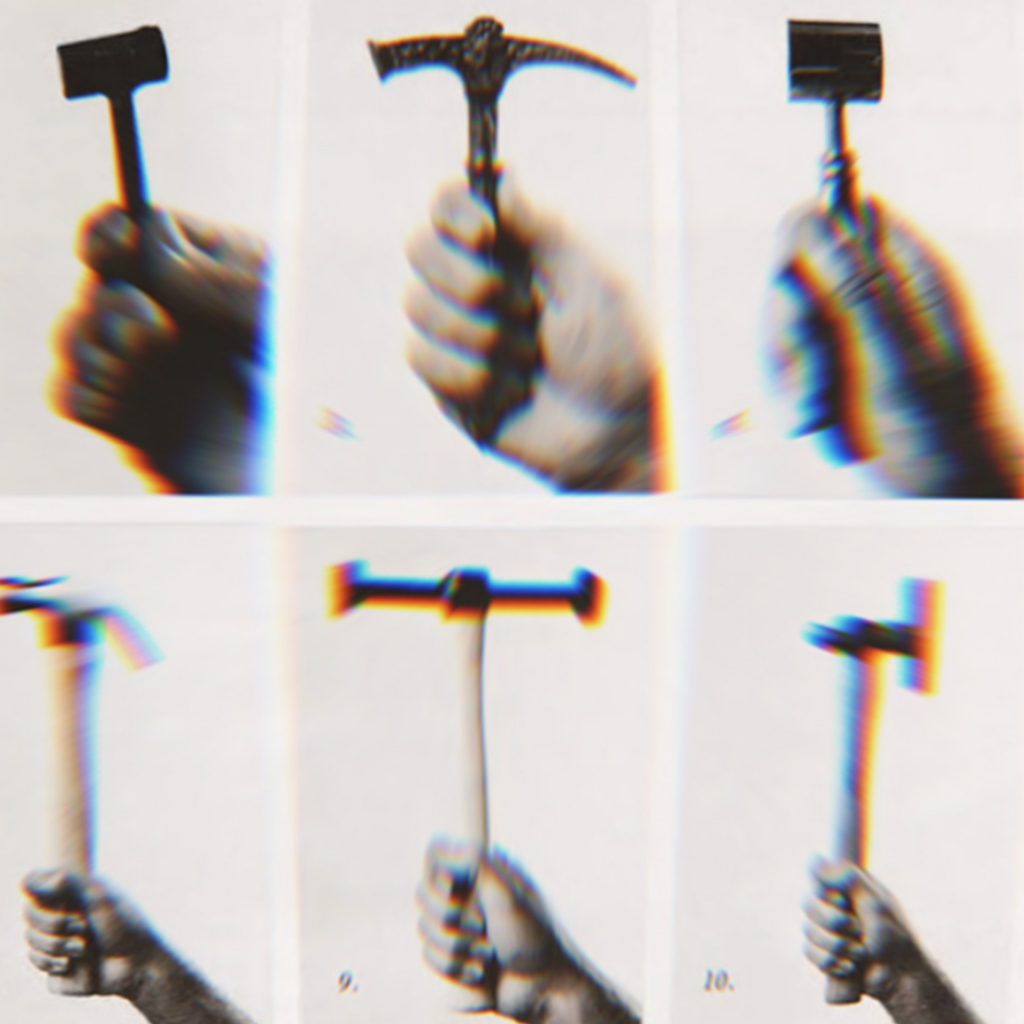THE WHITE WHALE
I inhaled the tang of brine and decay that clung perpetually to the Spalding Yard, the LAPD’s maritime branch moored in the belly of San Pedro. “I’m Captain Scotland of the Spalding Yard,” I rasped, my voice seasoned by harbor dust and nights spent chasing down leads that evaporated like the morning fog.
A dame with legs that could rival the Santa Monica Pier struts stood before my splintered desk. Her crimson dress clung to her curves like a life raft in a storm, a stark contrast to the Yard’s usual clientele of gulls and down-and-out fisherman. “Captain,” she purred, her voice husky as a foghorn, “they say you’re the man to find what gets lost at sea.”
She slid a crumpled photograph across the grime-encrusted surface. The image depicted a yacht, a gleaming leviathan dwarfing the bobbing shrimp boats in its wake. “The ‘White Whale,’” she breathed, the name catching in her throat like a smuggled pearl. “My brother, Walden, he was the captain. Now… well, he’s lost at sea, presumed dead by those landlubber fools at the Coast Guard.”
The dame’s emerald eyes held a glint that could pierce a battleship’s hull. This wasn’t a simple missing person’s case. Walden’s disappearance reeked of something deeper, a tangled mess of nautical knots that only the Yard could unravel. “Alright, doll,” I sighed, the harbor wind whipping a stray strand of hair across my steely gaze. “We’ll find your brother. But lost at sea can mean a lot of things in this city. Smugglers, Soviet spies, cults that worship Cthulhu – you ever hear of any of that tangled with the White Whale?”
The dame’s lips pursed into a thin line. “There were whispers,” she admitted, a flicker of unease crossing her face. “Walden… he was involved in some things he shouldn’t have been. But he wouldn’t have gone down without a fight. There’s more to this story, Captain. I can feel it in my gut.”
A thrill snaked up my spine. This dame wasn’t just another grieving sister. She was a lifeline, a loose thread in a vast tapestry of secrets. “Then let’s unravel it,” I declared, the salty tang of the harbor wind fueling my resolve. “We’ll dredge the depths of this city, find your brother, and expose whatever nest of vipers swallowed him whole.”
The dame offered a tight smile, a flicker of something dangerous glinting in her emerald eyes. “I knew I came to the right man, Captain,” she said, her voice laced with a steely promise. “Just remember, some things that get lost at sea are better left buried, he thought to himself.”
Together, we ventured out of the Yard, two souls adrift in a city awash in secrets. The hunt for the White Whale had begun, and the murky depths of San Pedro were about to be stirred.
THE HOUSE OF USHER
I inhaled the briny tang of the Venice canals, a metallic tang that scraped against my molars and settled like regret in the pit of my stomach. “I’m Captain Scotland of the Spalding Yard,” I rasped, my voice sandpaper against the omnipresent drone of cicadas. “You the dame in Distress?”
She wasn’t a dame, not in the femme fatale sense. Her face was a roadmap of anxiety lines, etched by the cruel hand of circumstance. Her name was Tuesday Muse, a moniker that hung on her like a thrift-store gown, ill-fitting and worn. “They took my husband, Captain,” Tuesday sputtered, her voice a reed in a hurricane. “Vapors snatched him, right out of our bungalow.”
“Vapors?” I scoffed, a plume of cigarette smoke curling from my lips. In the fractured world of Los Angeles, the term encompassed everything from zoot-suited zoonies high on giggle weed to followers of the Aetheric Liberation Front, those paisley-clad weirdos who believed they could astral project into the smog.
Tuesday clutched a flyer, its lurid colors clashing with the peeling paint of the pier. “They left this,” she whimpered, her voice barely audible over the rhythmic slap of water against pilings. The flyer depicted a swirling vortex of chrome and neon, a stark contrast to the faded palm trees lining the boulevard. “The House of Usher,” it proclaimed in a font that seemed to writhe like a psychedelic serpent.
The House of Usher. A notorious nightspot on the fringes of Hollywood, rumored to be a haven for those who trafficked in the strange and the illicit. It was a place I knew all too well, a neon-soaked labyrinth where shadows danced with desperation and laughter curdled into screams.
“You want to go down that rabbit hole, Tuesday?” I asked, the metallic tang in my throat intensifying. “The House of Usher don’t give up their secrets easy.”
Her eyes, the color of faded denim, held a desperate glint. “I have to, Captain. He’s all I have left.”
Resignation, a familiar companion, settled on my shoulders. In this city of broken dreams and shattered realities, another lost soul was just a ripple in the vast, polluted pond. But Tuesday’s eyes held a flicker of defiance, a spark that mirrored the dying embers of hope within myself.
“Alright, Tuesday,” I sighed, the words catching in my smoke-ravaged throat. “Let’s take a trip to the twilight zone.”
We climbed into my beat-up Plymouth, the engine groaning in protest as we navigated the labyrinthine streets of Venice. The air shimmered with the heat haze of a dying sun, casting the city in an unsettling orange glow. As we approached Hollywood, the neon signs bled into existence, a garish assault on the senses.
The House of Usher loomed ahead, a grotesque parody of Gothic architecture. Chrome gargoyles leered from the facade, their vacant eyes reflecting the fractured city lights. Inside, a cacophony of sound assaulted us – a warped jazz melody laced with the mechanical whirring of unseen machines. The air hung thick with the smell of burnt incense and something altogether more sinister.
We were Captain Scotland and Tuesday Muse, about to waltz into the belly of the beast. The question wasn’t whether we’d find Tuesday’s husband, but whether there was any chance we’d find ourselves in the process.
VITRIOL
I inhaled the smog like a Gauloise, the acrid tang clinging to my trench coat like a bad dream. “I’m Captain Scotland of the Spalding Yard,” I rasped, the words scraping against my nicotine-ravaged throat. The dame, all curves and crimson lipstick, tilted her head back, laughter bubbling out like champagne corks.
“Captain Scotland? In this burg, doll, we call it the Hall of Dust Bunnies.” Her voice, husky as week-old rye, echoed off the fly-blown walls of the Broken Bowler. “What brings a Brit detective to this flyblown corner of paradise?”
“VITRIOL,” I spat, the acronym a bitter pill on my tongue. “Vandenburg Industries, Telecommunications, Research, Integration, Obfuscation and Lies.” The dame’s smile vanished quicker than a magician’s rabbit.
“Vandenburg? That spookhouse down by the docks? They say they fish for radio waves, but everyone knows they’re dredging up darker things.” Her manicured hand fluttered to a pearl necklace, the gems dull with grime. “And what business does Scotland Yard have with those loonies?”
“A stiff,” I said, the weight of the word pressing down on the already oppressive air. “Went missing a week back. Name of Alistair Crownley, top boffin for Vandenburg. Now they’re claiming he defected, took his latest project with him.”
The dame’s eyes, like chips of polished obsidian, narrowed. “Project? What kind of project?”
“Something about harnessing the ‘collective unconscious,’ whatever that mumbo jumbo means.” I tossed a crumpled photo on the chipped table. Crownley, a gaunt man with eyes that held the secrets of forgotten libraries, stared back. “Said he could hear them, the voices on the other side of the static.”
The dame picked up the photo, her touch reverent. “Voices… you think he found something down there, at Vandenburg?”
“That’s what I intend to find out.” I stubbed out my cigarette, the glowing ember a dying ember of hope in the fetid air. “You in, doll? Or are you content to peddle bathtub gin to sailors?”
She slammed the photo down, a glint of steel in her eyes that rivaled the chrome lining the bar. “The name’s Veronica McQueen, and I owe Vandenburg a little payback. You got yourself a partner, Captain Scotland.”
We walked out into the flickering neon night, two shadows swallowed by the smog-choked maw of Culver City. The hunt for Alistair Crownley, and the secrets he unearthed, had just begun. It was a case that reeked of conspiracies deeper than the Pacific, and madness as twisted as the California coastline. Welcome to the rabbit hole, Captain Scotland. This wasn’t your typical London fog you were wading into, this was a technicolor nightmare fueled by rocket fuel and paranoia. And somehow, I had a feeling Veronica McQueen was the perfect guide.










